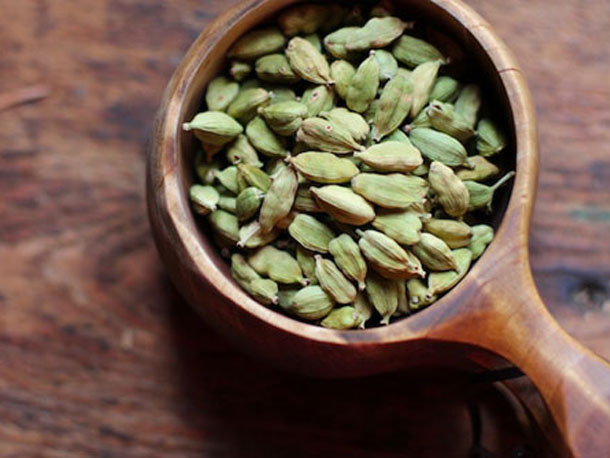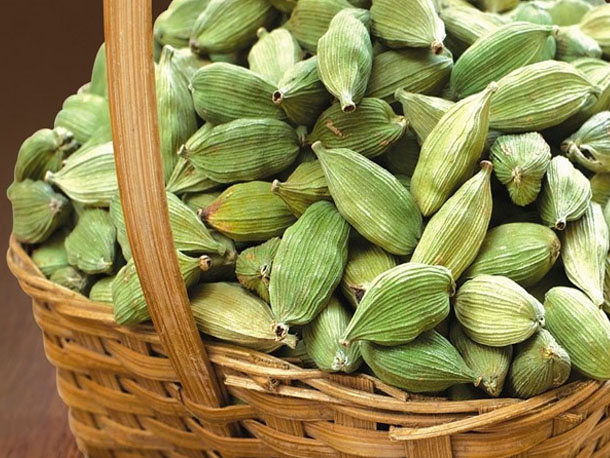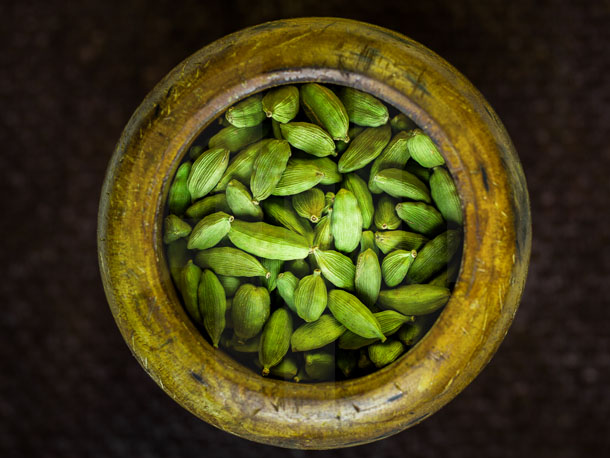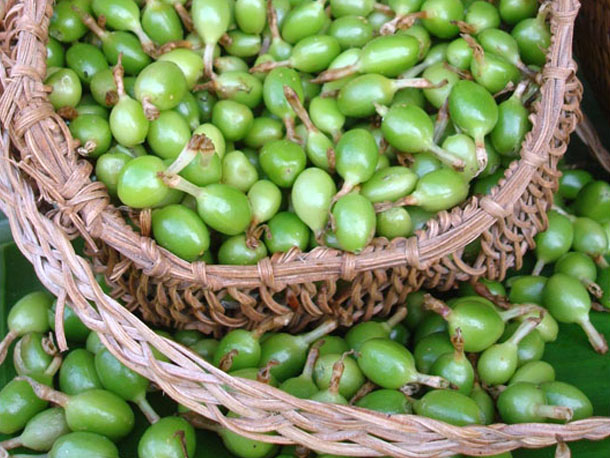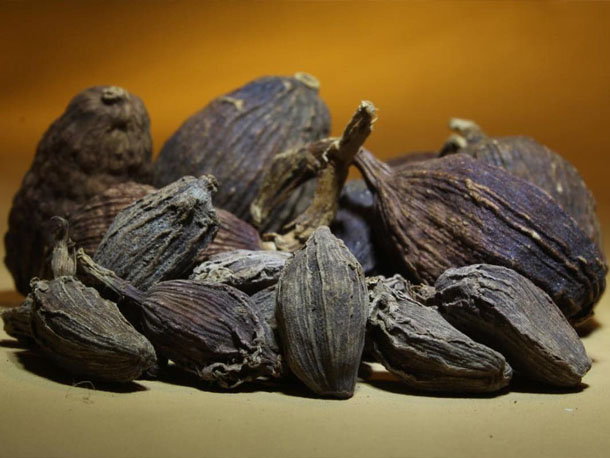Indian cardamom trade could gain from tax changes
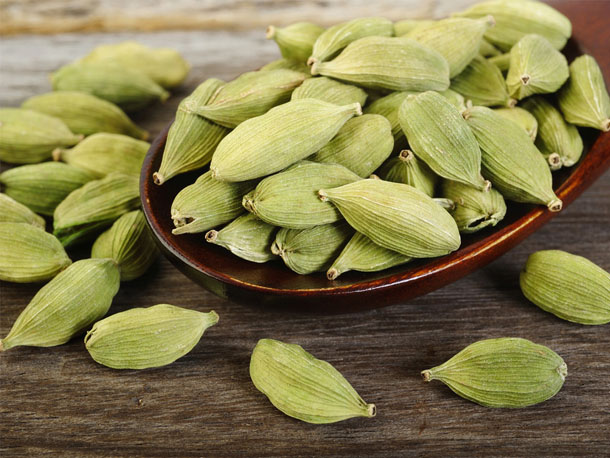
UNIFICATION of the tax rates in India’s states of Kerala and Tamil Nadu and the implementation of VAT at a rate of 2% will help boost the cardamom business in Kerala, according to A Jayathilak, chairman of the Spices Board.
“This will facilitate the entry of more local dealers from Kerala to the small cardamom trade,” Dr Jayathilak said in a letter to the agriculture production commissioner of Kerala.
“The cumulative effect will be more recovery in prices to the growers due to increased demand arising out of more bidders in the e-auction. The Spices Board is committed to issuing more small cardamom dealer licenses to increase bidding participation in the e-auction,” he said.
Dr Jayathilak said interstate traders were a regular feature of India’s small cardamom industry.
“Despite the efforts from the board to issue more small cardamom dealer licences, around 80% of the dealers who participate in the e-auction are from Bodinaykanur, Thevaram and Cumbum in Tamil Nadu. The root cause for this scenario is the difference in the tax structure between the two states,” he said. “The purchase of small cardamom by a dealer registered in Kerala is treated as local purchase and Kerala VAT at a rate of 5% is applicable, whereas the purchase by a dealer registered in any other state is treated as an interstate purchase and CST (Central Sales Tax) at the rate of 2% only is applicable.”
Advantages for inerstate buyers
An interstate buyer was getting a tax benefit of around Rs20 (38¢) per kg of cardamom purchased in e-auction, he noted. “Considering an average purchase size of 1.5 tonnes per dealer, the interstate buyer enjoys a huge price advantage of Rs15,000 for every auction. This gives the interstate dealer a distinct competitive advantage in the small cardamom trade,” Dr Jayathilak added.
Meanwhile, Indian cardamom trading remained at a standstill as traders abstained from the auctions at the Bodinayakannur trading hub in protest over the Spices Board raising the minimum bidding rates to Rs5 from Rs0.50 with effect from September 25.
While some of the growers claimed that raising the minimum bidding rates would help increase prices at auctions, a good number of growers argued that it was in no way going to help the growers as the bidding rate was not the problem. Even at the minimum rate of Rs0.50, cardamom prices escalated to Rs2,000 a kg a couple of years ago, they said.
One trader pointed out that the minimum biding rate for tea auction is Rs1 while that for several other major commodities was only Rs0.50.
Hundreds of workers in Bodinayakannur have lost their wages for over a week now as no sieving and grading activities are taking place.

